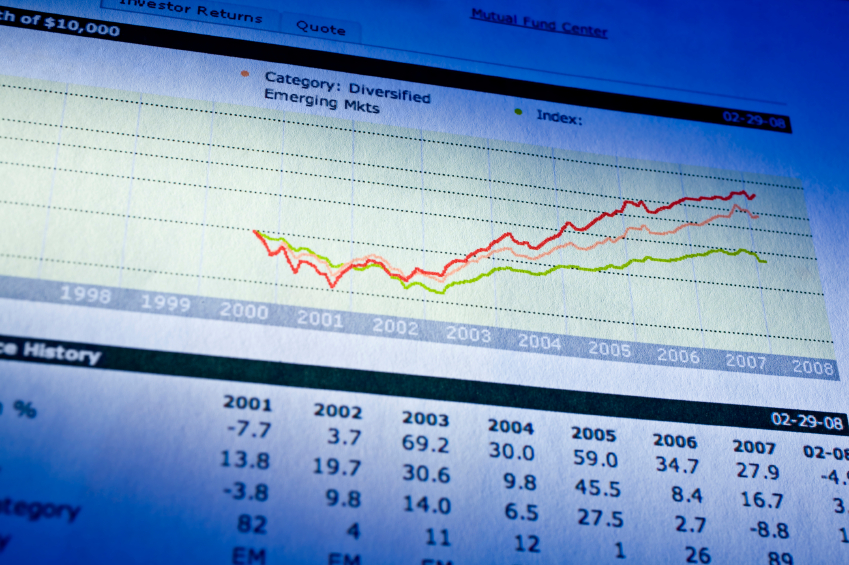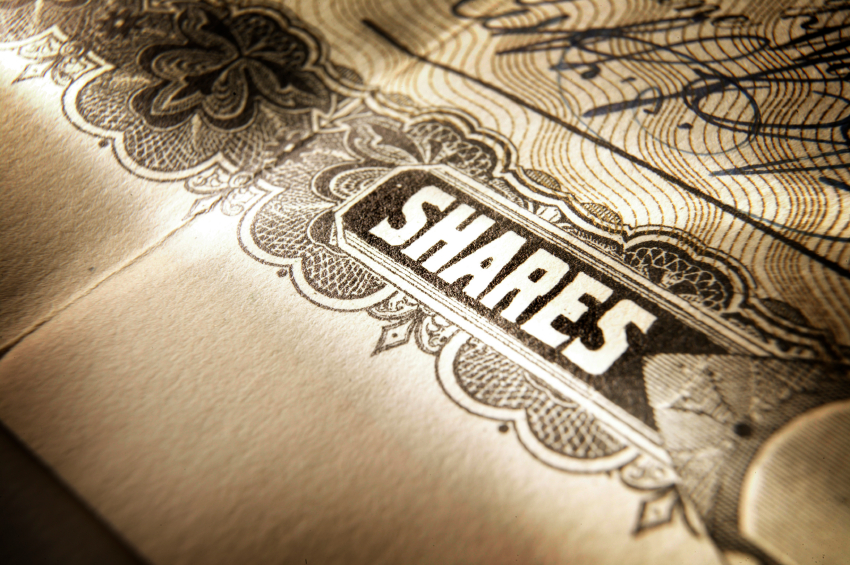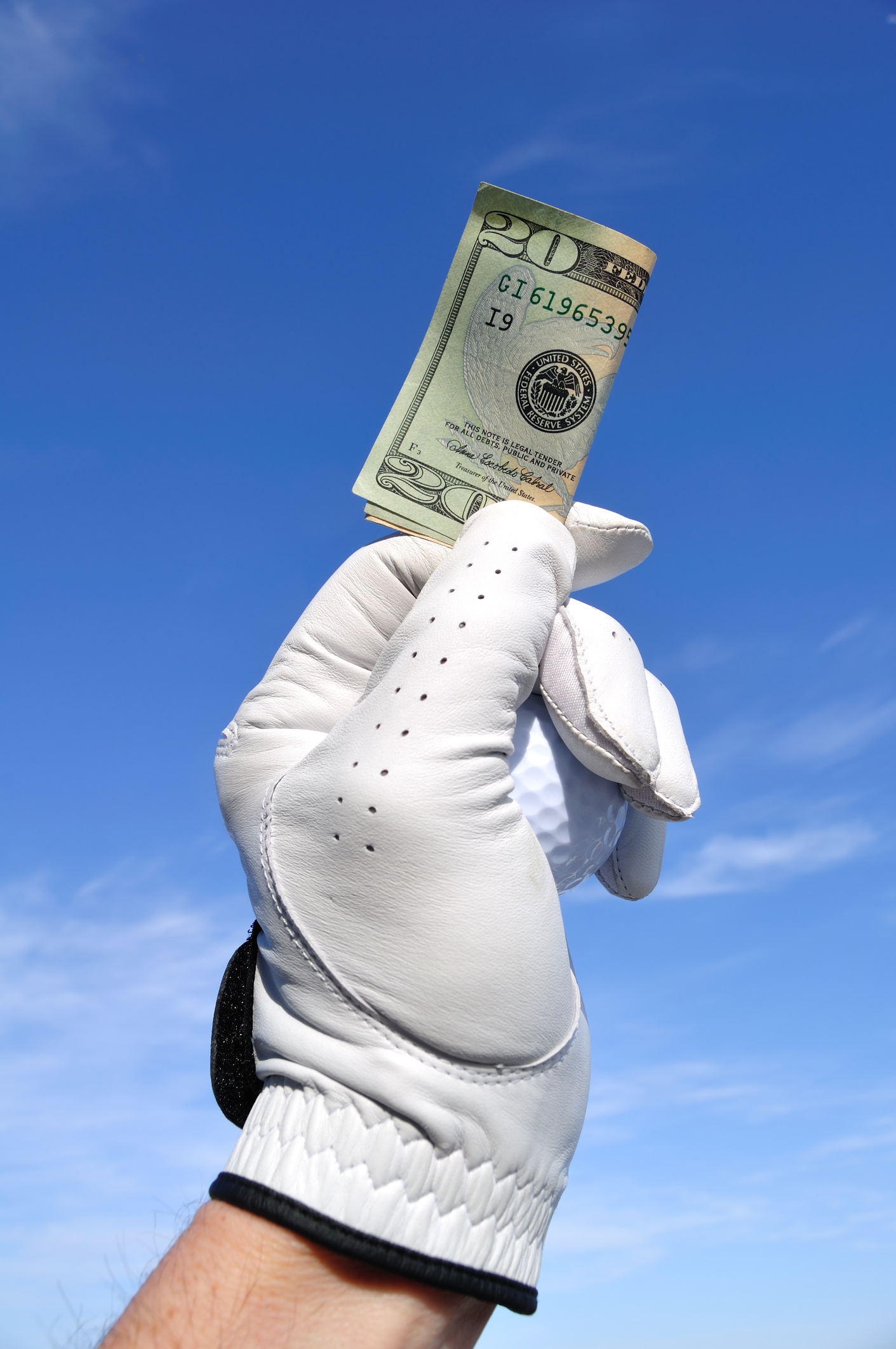How can Investors make money during wars and economic wars?
Mike Dunn | Thought Leader | mike@mutuafundmarketingservices.com
Russia is all in on the Ukrainian War, and China is facing economic challenges and an election. What are the ramifications that affect investors at the end of 2022 and 2023?
As always, the voice of this blog is on macroeconomic factors that affect investors. There are other blogs that do a better job on domestic and international politics. For the past 11 years, we have helped investors with analysis.
Worldwide Inflation in 2022 and 2023
The world inflation rate is increasing.
- Like me, many of us saw this clear and predictable inflation coming two years ago.

- Most of the causes for this round of inflation are self-inflicted.
- Place your bets on where the top will be. This is an important number for investors.
- This blog discusses many of the key influencing factors for inflation as information.
The Russian Economic Factors in 2022 and 2023
Russia is unexpectedly mired in a protracted war with Ukraine. If the Russians go nuclear, then we will instantly be in a world war. Then all bets are off. Russia will lose, but the world economies will go down as well.
Currently in Russia:
- It is believed that 90,000 Russian soldiers are out of the fight by being killed or with significant injuries.
- Russia has started a massive military recruitment campaign.
- This means 90,000 +/- men are out of the economic production and consumer population.
- Now that number will increase with more conscripts brought added to the military at gunpoint or given an offer they can’t refuse.

- It is being reported that an additional 500,000 men (workers and consumers) have fled Russia to avoid being conscripted into the Russian army in Ukraine. It is said, “they don’t want to be cannon fodder.”
- With oil sales down to Europe, this is another blow to the Russian economy.
- The war will continue to disrupt the world supply chain
- of nickel, palladium, and aluminum to make semiconductors.
- Plus, oil and gas to Europe are being slowed for embargo reasons.
- Since Ukraine was called the breadbasket of Europe, there may be a famine in Africa in 2023 with the disruption of farming and the partial blockages of Ukraine ports for grain export.
- I can’t see any positive or mitigating factors to the bleak Russian economy.
- The world’s punitive trade sanctions continue to get worse with every alleged war crime.
- The Russian economy was already fragile. How much more can their economy take?
- With all of these negative macroeconomic factors working against Russia, I foresee reduced production and reduced imports.
With many of the working-age men being killed, conscripted into the army, or leaving the country, there will be less production and less consumption resulting in an evitable macroeconomic slowdown or recession.
China’s Economic Factors in 2022 and 2023
The current key factor for the China/PRC and the CCP is the CCP election. I foresee policies changing after Xi Jinping gets elected for life as the CCP leader.
- It was announced today that the CCP is delaying the announcement of the Q3 GDP numbers. Do not expect these numbers until after the election.
 Inflation and the Election – For example, like Turkey, the CCP is artificially holding down the inflation rate in China as the rest of the world is watching its inflation rates rise per economic realities.
Inflation and the Election – For example, like Turkey, the CCP is artificially holding down the inflation rate in China as the rest of the world is watching its inflation rates rise per economic realities.
- The CCP saw what this caused in Turkey. (83% inflation rate in Q3 – 2022)
- I’m sure they will reverse course after the election.
- If not, this will be an interesting turn of events that investors can leverage.
- This macroeconomic tactic/blunder did not end well for Turkey and will not end well for the CCP.
- The CCP’s “Zero Covid Policy” economic and social effects have caused millions of Chinese workers to stay at home, not be productive in helping supply the supply chain, and not get paid. Many pundits say the main reason for the Zero Covid Policy was to keep protestors off the streets before the election. Still, this was devastating for PRC production and for the personal income of Chinese families.
- China’s Housing Collapse and Bankruptcies – The middle class’ disposable income was devastated by the collapse of the foreclosures in the housing markets in China, resulting in millions of Chinese losing their multi-generational life savings. With no extra money for consumption, then there are reduced imports from the rest of the world and domestic customer sales.
- Banks – With housing bankruptcies lead to manufacturing bankruptcies which leads to bankrupt banks. With banks either out of business or having to tighten lending requirements, there is less money to buy raw materials and produce manufactured products for global supply chain needs. Thus, the whole world is affected by a cascading economic ripple effect.
- The World’s Supply Chain. Before the pandemic, China had 21% of the world’s manufacturing and was the world’s 2nd biggest economy. Alibaba was as big or bigger than Amazon.
- Now Alibaba has been taken over by the communists.
- There is less money to fund manufacturing.
- There are fewer imports. Fewer imports mean few cargo ships delivering imports to China. Cargo ships can’t afford to make the trip to
 China empty, so they must wait for a load to take to China. That means there are not enough cargo ships in China to take the goods to the west without a premium shipping charge. Meaning even more inflation.
China empty, so they must wait for a load to take to China. That means there are not enough cargo ships in China to take the goods to the west without a premium shipping charge. Meaning even more inflation. - As problems mount in China’s production and shipping, companies will look to move their manufacturing supplier to other countries.
- Energy – The electricity and coal problem will be back this winter. Rolling blackouts at Chinese manufacturing plants, both domestically-owned and foreign-owned, are highly disruptive and costly. This is another cause of foreign companies leaving China for other areas of the world to make their products. In addition, the Chinese peasants will be cold again this winter.
Macroeconomic Summary For Investors
Change is opportunity. People still need “basic-needs-stuff” for life.
- The supply chain and inflation issues are not going away.
- I recommend you concentrate on the supply chains of the basic needs of poor people or the masses.
- Also, rich people will always be rich and will spend to keep their lifestyle the same.
- The problem is trying to sell things and parts to make things to the middle class with reduced disposable income.

